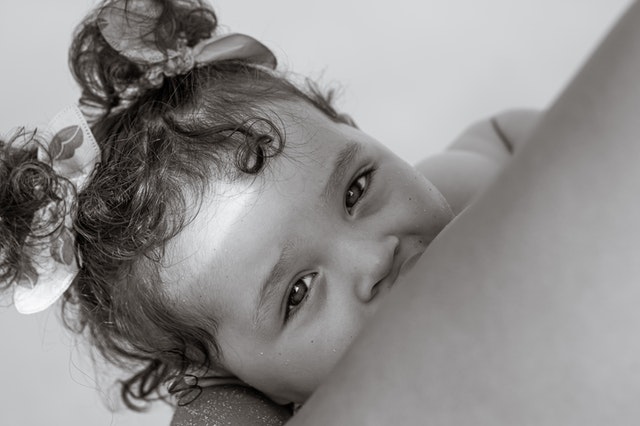In the last two decades, child mortality has decreased considerably, but close to 7 million children under five years of age still die each year, mainly from preventable causes. Of those, newborn deaths now represent nearly half of all child deaths under five years. Immediate breastfeeding – putting the baby to the mother’s breast within an hour after birth – would significantly reduce neonatal mortality.
Early and exclusive breastfeeding helps children survive, but it also supports healthy brain development, improves cognitive performance and is associated with better educational achievement at age 5. Breastfeeding is the foundation of good nutrition and protects children against disease. In this way, breastfeeding allows all children to thrive and develop to their full potential. Yet, less than half of the world’s newborns benefit from early breastfeeding and even fewer are exclusively breastfed for the first six months.
Optimal breastfeeding of infants under two years of age has the greatest potential impact on child survival of all preventive interventions, with the potential to prevent over 800,000 deaths (13 per cent of all deaths) in children under five in the developing world (Lancet 2013). ”
Breastfed children have at least six times greater chance of survival in the early months than non-breastfed children. An exclusively breastfed child is 14 times less likely to die in the first six months than a non-breastfed child, and breastfeeding drastically reduces deaths from acute respiratory infection and diarrhoea, two major child killers (Lancet 2008). The potential impact of optimal breastfeeding practices is especially important in developing country situations with a high burden of disease and low access to clean water and sanitation. But non-breastfed children in industrialized countries are also at greater risk of dying – a recent study of post-neonatal mortality in the United States found a 25% increase in mortality among non-breastfed infants. In the UK Millennium Cohort Survey, six months of exclusive breast feeding was associated with a 53% decrease in hospital admissions for diarrhoea and a 27% decrease in respiratory tract infections.
While breastfeeding rates are no longer declining at the global level, with many countries experiencing significant increases in the last decade, only 39 per cent of children less than six months of age in the developing world are exclusively breastfed and just 58 per cent of 20-23 month olds benefit from the practice of continued breastfeeding. A growing number of countries are demonstrating that significant and rapid progress is possible, with 25 countries showing increases of 20 percentage points or more.
Source: Unicef
Link: https://sites.unicef.org/nutrition/index_24824.html




